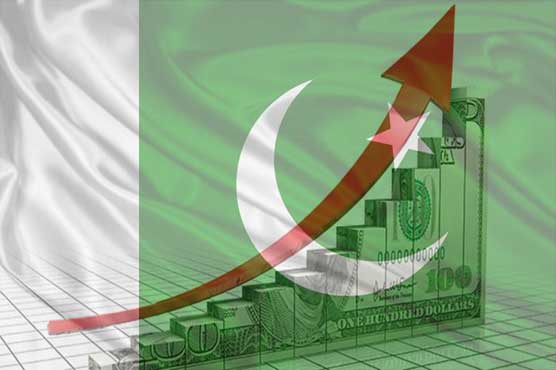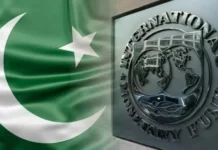
ISLAMABAD: Although the prime minister-in-waiting Imran Khan has announced to reduce the cost of doing business through a reduction in utility charges, the expected program of the International Monitory Fund (IMF) will most likely bar him from doing so.
According to economists, the next program of the IMF, if secured by Pakistan, will accompany stringent terms and conditions which could be included the increase the price of electricity, gas and other utility services, causing the overall increase in the cost of doing business – ultimately affecting the already stagnant exports.
The immediate effect of an increase in energy tariffs will be the loss of the existing rise in demand and consumption in the economy. The bailout package may also cause an end in existing exemptions. According to the experts, an increase in taxes on the already small segment of taxpayers may also burden the targeted people ultimately causing a reduction in their expenditure.
Since the devaluation of the rupee against the dollar has already deteriorated competitiveness in various sectors, the hike in prices of electricity and gas would further increase the cost of doing business in the country, making export items uncompetitive in international markets.
As per experts, as unlike China, Saudi Arabia or other lenders, the IMF has a complete monitoring program and the international lender will insist on implementing a back-loaded program for availing the funds it lends. The IMF will insist on a ‘debt sustainability analysis’ of CPEC loans.
It is widely expected that the IMF will also ask for a steep cut in expenditures, increase in interest rates and further devaluation of the rupee against the US dollar. The rupee has already shed its value by close to 22 per cent against the US dollar since December 2017.
According to findings of Moody’s Investors Service, PTI government will face huge challenges implementing the plan it has announced such as increasing development and social spending, reducing taxes and utility tariffs.
PTI’s plan to lower the number of taxes and their rates to improve the country’s competitiveness will make it difficult to achieve fiscal consolidation in its initial years. The party also plans to lower the cost of doing business by decreasing energy costs.
Moody’s has termed “heightened external vulnerability” a key challenge for the new government. “Possible policy options would include monetary and fiscal policy tightening, further exchange rate depreciation and turning to the IMF for external financing,” it added.
It may mention here that presently, the cost of operating a business in Pakistan is considerably high because of incompetent and unfriendly socio-economic environment.
Consequently, Pakistani businesses are at a comparative demerit in regards of operating costs against their competitors in the region. In spite of continuous representations to the government strategy and top executives, no worthwhile attempt has been made towards declining the high cost of doing business in the country.
The key factors of the high cost of doing business in the country are raw material, cost of finance, utilities, technology, human resource, infrastructure and supporting institutions. The cost of doing business is rising on the daily basis and touches an alarming level making Pakistan’s products uncompetitive in the foreign market. In the country, gas and electricity tariff and interest rate are much higher than its competitors in the region.






















